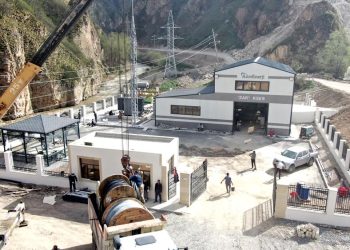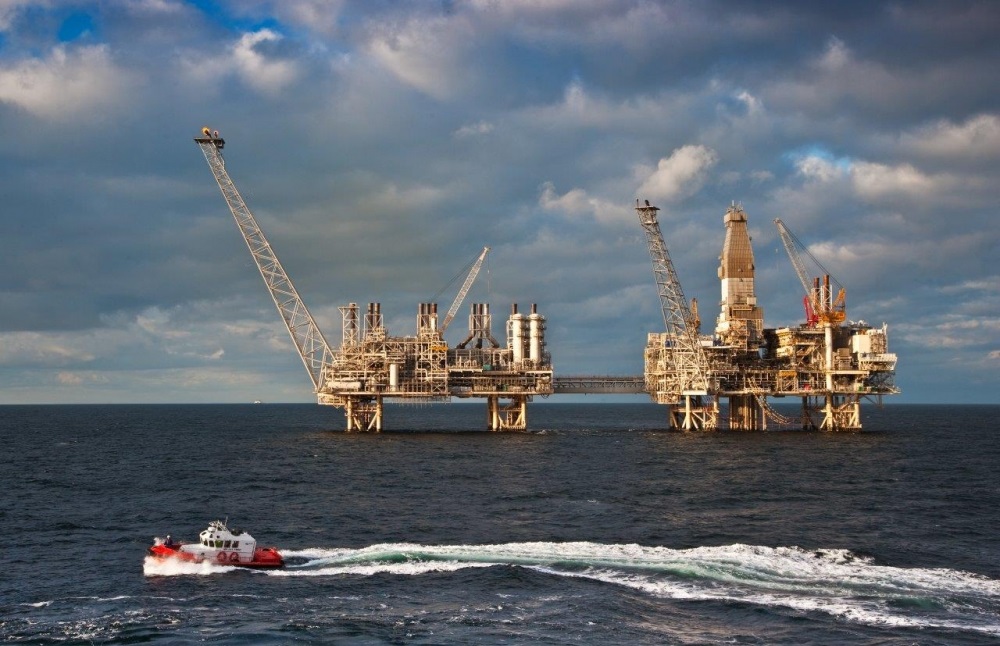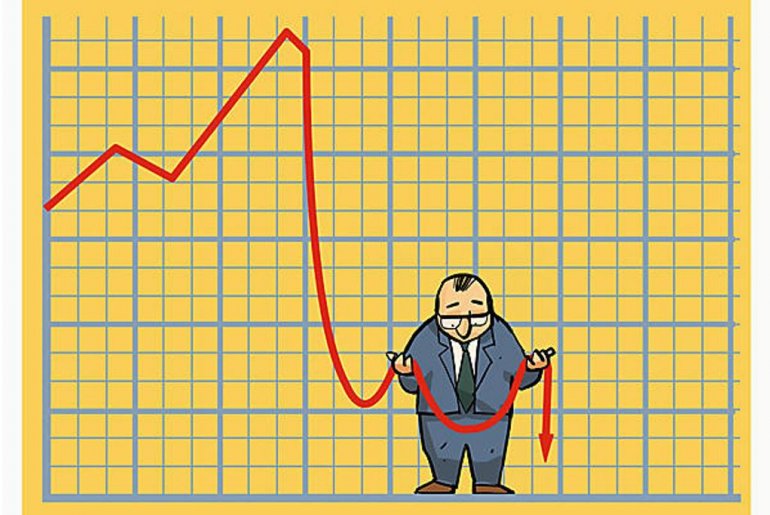Turkey’s downing of a Russian jet was bound to inject some vim into otherwise listless oil prices. The real impact may actually be felt in another important energy market: natural gas.
 President in the back,” a phrase with a particularly dire provenance in Europe. This marks a dangerous new escalation in the Syrian conflict, which is why Brent crude nudged up a dollar and change a barrel on Tuesday. Yet the path to a wider conflict that actually takes a substantial amount of oil supply off the market remains unclear. That extra buck or so on the price represents a nebulous, rather than specific, fear.
President in the back,” a phrase with a particularly dire provenance in Europe. This marks a dangerous new escalation in the Syrian conflict, which is why Brent crude nudged up a dollar and change a barrel on Tuesday. Yet the path to a wider conflict that actually takes a substantial amount of oil supply off the market remains unclear. That extra buck or so on the price represents a nebulous, rather than specific, fear.
GAS PAINS
The consequences in the gas market, while hardly easy to map out either, at least look more grounded in actual supply and demand.
Turkey is Russia’s second-largest export market for gas, just behind Germany. Gazprom’s sales to Turkey have almost doubled in the past decade and now fulfill 57 percent of the country’s needs, while accounting for 17 percent of the company’s gas sales outside the former Soviet Union. And just as it has been for centuries, Turkey is a critical transit point between Asia and Europe, and that includes gas pipelines both real and imagined.
 As recently as last December, Russia abruptly dropped plans for a proposed pipeline called South Stream that would have taken gas across the Black Sea to Bulgaria and thence to Austria in favor of one called Turkish Stream. Finding alternative routes for Russian gas, long an obsession for the Kremlin, has taken on added urgency in the wake of the Ukraine crisis. The first stage of Turkish Stream, and the one that seemed most likely to get built, would have directly replaced the volume that currently goes via Ukraine.
As recently as last December, Russia abruptly dropped plans for a proposed pipeline called South Stream that would have taken gas across the Black Sea to Bulgaria and thence to Austria in favor of one called Turkish Stream. Finding alternative routes for Russian gas, long an obsession for the Kremlin, has taken on added urgency in the wake of the Ukraine crisis. The first stage of Turkish Stream, and the one that seemed most likely to get built, would have directly replaced the volume that currently goes via Ukraine.
Rising tensions over Syria now threaten those bonds, with potentially far-reaching consequences for the wider gas market.
Turkey’s annual demand for gas is projected to rise by roughly a third in the next decade to 2.3 trillion cubic feet, according toa study published last year by the Oxford Institute for Energy Studies. Besides Russia, Azerbaijan appears the logical source for that extra gas, and work has already started on a pipeline to expand imports from there. Edward Chow of the Center for Strategic and International Studies points out that this supply option also holds the potential to diversify Turkey’s gas sources further, taking in some from northern Iraq and Iran.
This runs counter to Russia stymieing efforts to bring competing gas from Asian suppliers such as Turkmenistan into Gazprom’s critical European export markets. Indeed, one school of thought holds that Russia is partly in Syria in order to block any plans for pipelines to bring Middle Eastern gas from the likes of Qatar into Europe via Turkey, as laid out in a recent Foreign Affairs essay by Professor Mitchell A. Orenstein and George Romer of the University of Pennsylvania.
Russia is under real pressure in the global energy market. Western Europe has built liquefied natural gas import terminals and leveraged its role as a big customer to push back on Gazprom’s market power. China, meanwhile, plays hardball on taking Russian gas exports, especially with a looming LNG supply glut in Asia.
In oil, Russian officials have lashed out at Saudi Arabia forpushing barrels into the country’s traditional Baltic backyard. And the context, of course, is slumping energy prices that have pushed Russia into recession and raised uncomfortable memories of another crash three decades ago that helped usher in the collapse of the Soviet Union — an event that Putin has described as the greatest catastrophe of the last century.
Two things flow from this. First, Syria may represent just one front in a many sided struggle by resource-dependent countries such as Russia to maintain their position in oil and gas markets that suddenly look more like actual competitive markets than they did just a few years ago as new supply has entered the scene. That, rather than a Turkish border dispute, is the central geopolitical drama affecting energy.
Second, Turkey’s need to balance dependence on Russian gas with deteriorating diplomatic relations serves as another reminder of the importance of diversifying supply options.
This should be welcomed by a global LNG industry that has overbuilt its way into a painful slump. Turkey, like much of Europe, doesn’t fully utilize its existing LNG import capacity — it used less than 60 percent last year — and could stand to take more volumes and even build new terminals. Meanwhile, there is added motivation to actually develop gas reserves in the eastern Mediterranean, such as Noble Energy’s Leviathan field in between Cyprus and Israel (although it isn’t like Ankara is exactly best buds with those countries, either).
Even if low prices currently render many new LNG projects uneconomic, the value of supply security is real and is growing. The reality of war is that you can end up striking deals with the most unlikely of partners.
By Liam Denning
This column does not necessarily reflect the opinion of Bloomberg LP and its owners.











